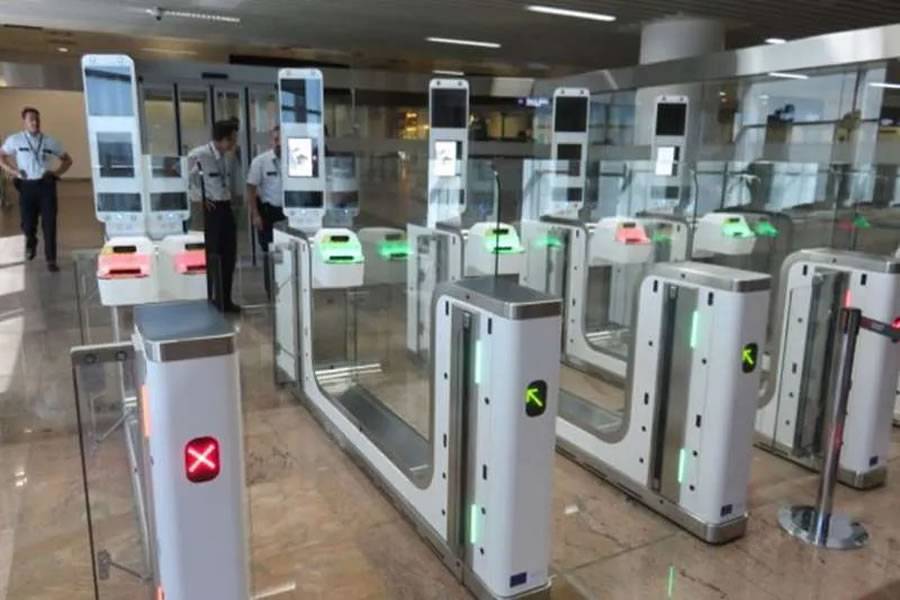The EU confirms it still doesn’t have a start date for the Entry/Exit System
- 25-05-2023
- Travel
- Canarian Weekly
The eu-LISA has confirmed that there is not yet a start date for the new Entry/Exit System in and out of European Union countries, including the Canary Islands, which also means no start date for the ETIAS seven-euro charge for entering the EU, after it was postponed beyond November 2023 and in spite of a date in 2024 being bandied about.
The press team at the eu-LISA, the agency responsible for the operational management of the EES, has confirmed to SchengenVisaInfo.com that a firm date hasn’t been set yet for its implementation.
“eu-LISA is currently working on a revised planning approach for the implementation of the EES and the overall interoperability architecture, taking into account all possible foreseeable impacts,” the agency said in an email, “At the moment, no date has been communicated for a possible entry into operation of the EES.”
They also explained that while the newly proposed timeline will depend on the resolution of existing technical issues, the eu-LISA and the other involved EU authorities want to introduce it as soon as possible but the date has to be realistic and achievable.
The EES was supposed to become effective in May of this year, however, back in January this year, the eu-LISA revealed that May 2023 was no longer achievable due to delays from the contractors. The agency was supposed to present a revised timeline for approval at the JHA Council held last March, with dates in November 2023 mentioned, yet, such a thing has still not happened.
The EES, which is one of the newly developed automated IT systems in the EU, will be keeping track of travellers entering and leaving the EU and Schengen Area (not including Ireland and Cyprus). It will also replace passport stamps, which will become digital.
Its delay also affects the introduction of another important system, is the European Travel Information and Authorisation System (ETIAS). This was supposed to become effective in November 2023, yet, due to the delay of the EES the ETIAS has also been postponed to the middle of 2024, though the exact date for it is still unknown too.
Earlier in March, the EU Commission’s Spokesperson for Home Affairs, Anita Hipper, had confirmed that since the ETIAS is being developed closely with the EES, it cannot start operating before the EES does.
“We expect that the IT system enabling the operation of ETIAS will be available in 2023, but the current expected date for ETIAS to be fully operational is in 2024. The entry into operation of ETIAS can only take place 5 to 6 months after the entry into operation of the EES,” Hipper said.
It has also previously been reported that the EES could be postponed even further to late 2024, after the Paris Olympics end on August 11th. If such a thing happens, then the ETIAS will be delayed even further, more than likely into 2025.
Other articles that may interest you...
Trending
Most Read Articles
Featured Videos
TributoFest: Michael Buble promo 14.02.2026
- 30-01-2026
TEAs 2025 Highlights
- 17-11-2025


























































